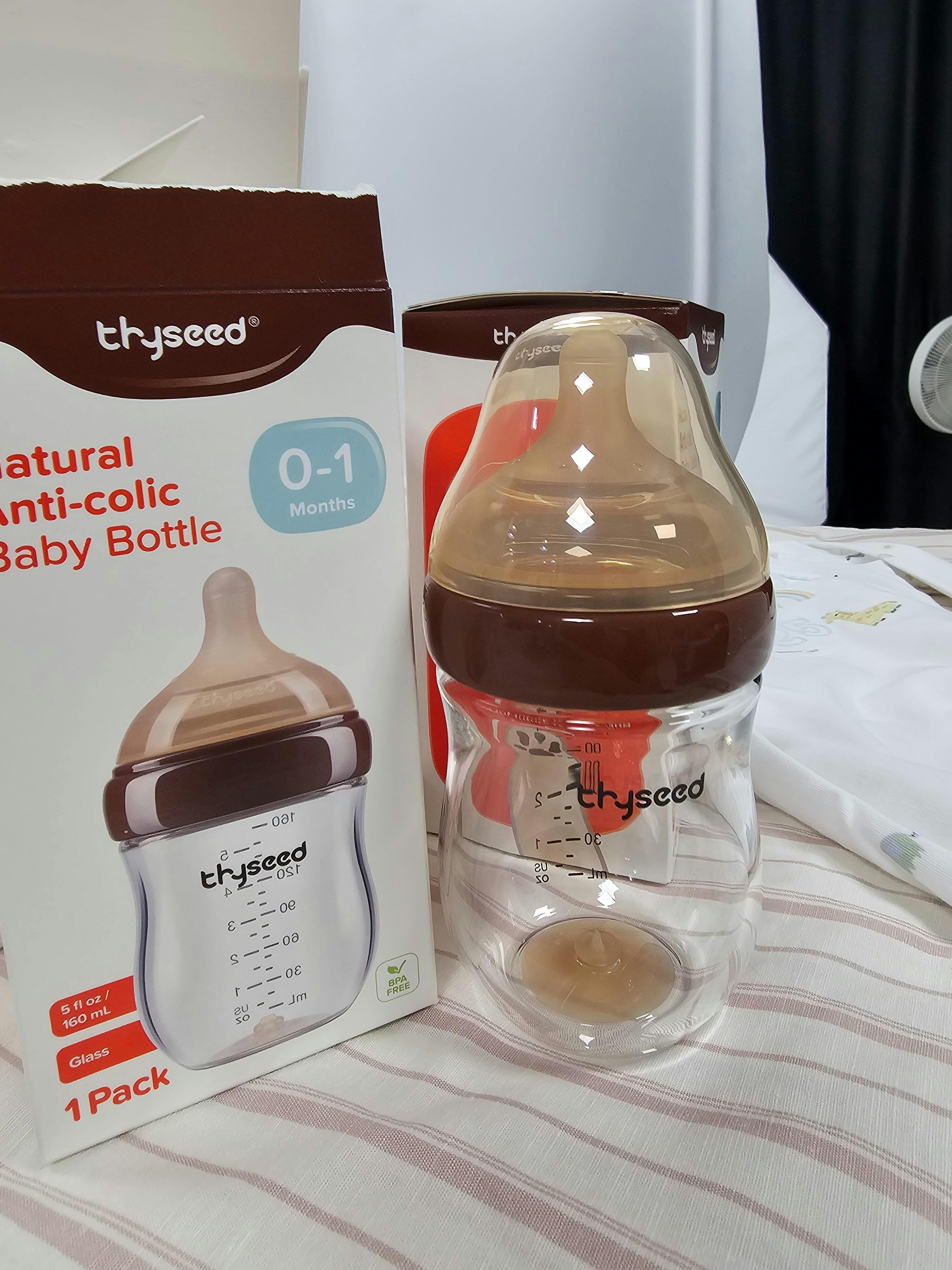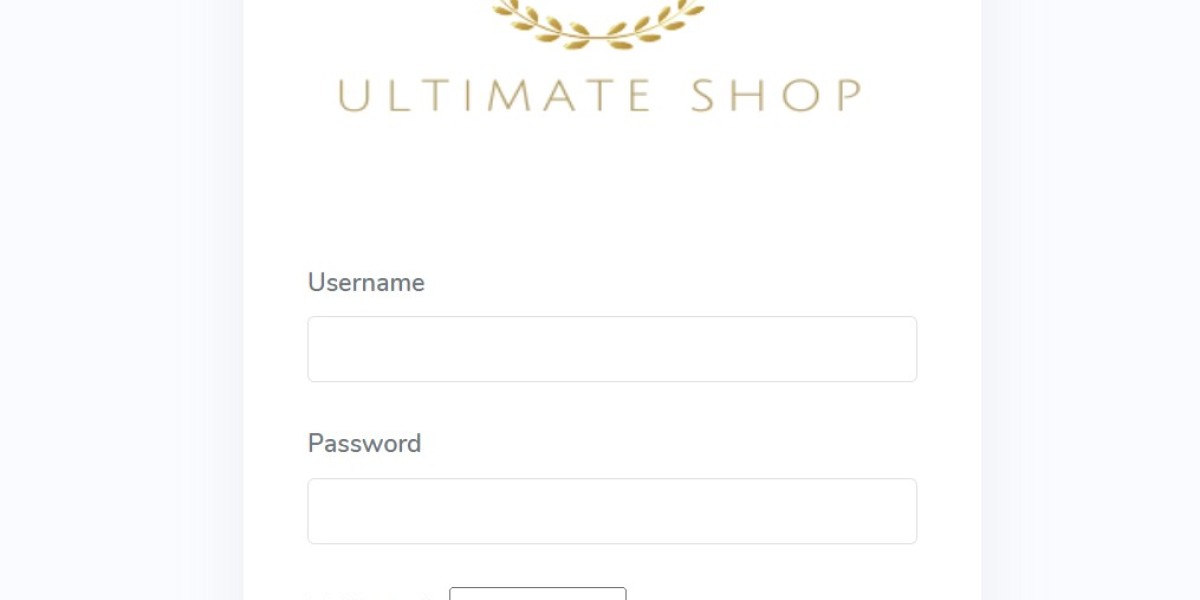Why Glass Bottles Could Be the Game-Changer Your Baby Needs!
In recent years, many parents have been re-evaluating the products they use for their little ones, and one trend that has gained significant traction is the shift towards glass baby bottles. As health and safety concerns around plastic products continue to rise, the conversation surrounding the materials we choose for our babies is more important than ever. Glass bottles offer a safe alternative that eliminates worries about harmful chemicals, all while being environmentally friendly. In this article, we will explore the benefits of glass bottles for babies, along with some practical considerations for parents looking to make the switch.

Benefits of Using Glass Bottles
One of the primary reasons parents are turning to glass bottles is safety. Unlike plastic, glass does not leach harmful chemicals into the liquid inside it, which is crucial for a baby's developing body. Many plastic bottles contain substances like BPA (bisphenol A), which has been linked to various health issues. With glass, parents can have peace of mind knowing that they are using a safe product. Additionally, glass bottles are incredibly durable; they can withstand a fair amount of wear and tear and can last for years, making them a cost-effective choice in the long run.
Moreover, glass is more sustainable compared to plastic. Not only can it be recycled, but it can also be reused multiple times without degrading in quality. This means fewer bottles end up in landfills, reducing the environmental impact associated with baby feeding products. Many friends who have made the switch to glass have noted that they feel better about contributing to a healthier planet for their children. They appreciate that glass bottles not only serve their purpose but also align with their values of sustainability and health.
Health and Safety Considerations
Health and safety are paramount when it comes to choosing feeding products for babies. Glass bottles eliminate the concerns surrounding BPA and other toxic chemicals found in some plastics. Parents can rest easy knowing that their baby's milk or formula is stored in a safe, non-toxic environment. Additionally, glass bottles do not retain odors or flavors, ensuring that each feeding is fresh and pure. This aspect is particularly important for babies who may have sensitive stomachs.
It’s also worth noting that glass bottles are easier to clean and sterilize, which is essential for maintaining a hygienic feeding routine. When my friend transitioned her baby to glass bottles, she found that the ability to thoroughly sanitize them gave her peace of mind, especially during cold and flu season. The overall health benefits of using glass can help contribute to better feeding experiences and healthier outcomes for babies.
Practical Considerations for Parents
Despite the many benefits of glass bottles, there are practical considerations that parents should keep in mind. One of the most common concerns is the weight of glass compared to plastic. Glass bottles tend to be heavier, which can be a factor for parents who frequently travel or are on the go. However, many manufacturers have created lightweight glass options that are easier to handle.
Another consideration is the potential for breakage. While glass is generally durable, it can shatter if dropped. To mitigate this risk, parents can opt for glass bottles that come with protective silicone sleeves, which not only provide cushioning but also offer a better grip. Additionally, being mindful of where bottles are set down and taking care during feedings can help prevent accidents. Regular maintenance, such as inspecting for chips or cracks, is also essential to ensure the bottles remain safe for use.
Transitioning from Plastic to Glass
Transitioning from plastic to glass bottles can be a smooth process with the right approach. It’s important to introduce the glass bottles gradually. Start by replacing one feeding per day with a glass bottle to help your baby get accustomed to the new material. Observe your baby's reactions, and be patient; some babies may take a little longer to adjust to the change.
Parents may encounter challenges such as their baby refusing to drink from the new bottle or being startled by the weight of glass. However, maintaining a positive attitude and offering encouragement can go a long way. Friends who have made this transition often recommend involving their babies in the process by allowing them to hold the bottle during feedings, making it a fun and engaging experience.
Final Thoughts on Glass Baby Bottles
In summary, glass bottles present a safe, eco-friendly option for feeding babies. They eliminate concerns about harmful chemicals, provide durability, and align with sustainable practices, making them an excellent choice for health-conscious parents. By considering the benefits and practical considerations discussed in this article, parents can make informed decisions that suit their baby's needs and their family's values. Ultimately, the choice of feeding bottles is personal, and glass could very well be the game-changer your baby needs!








